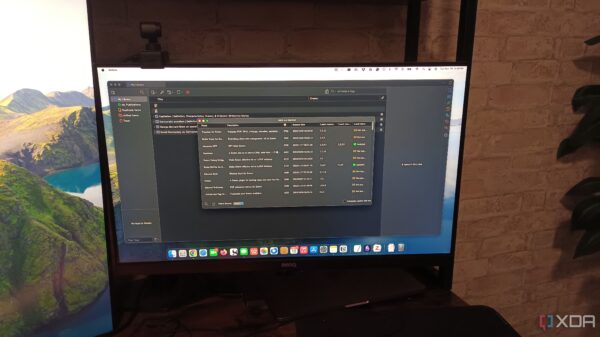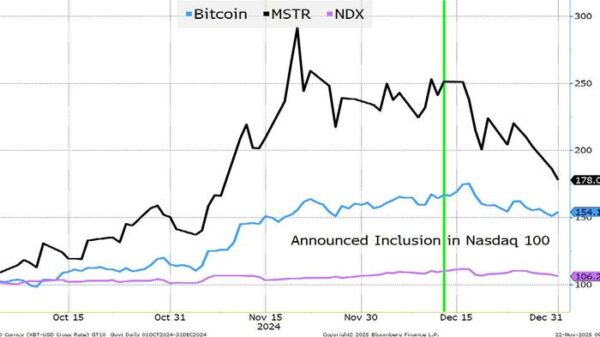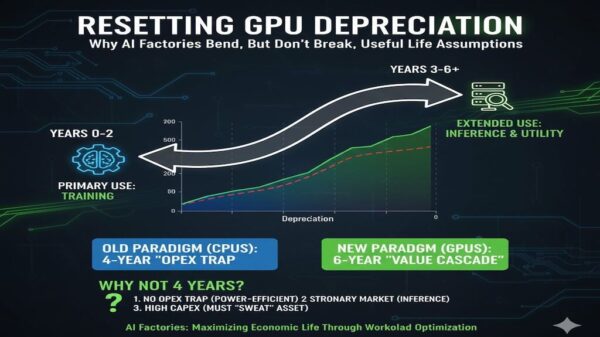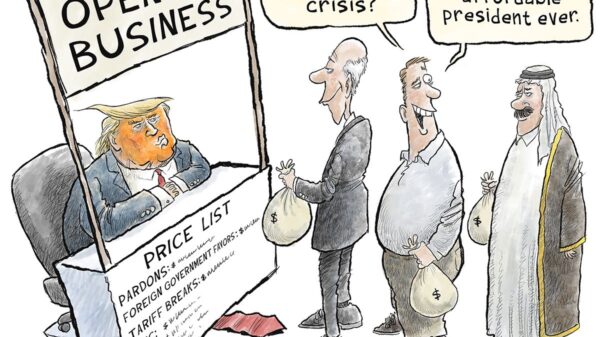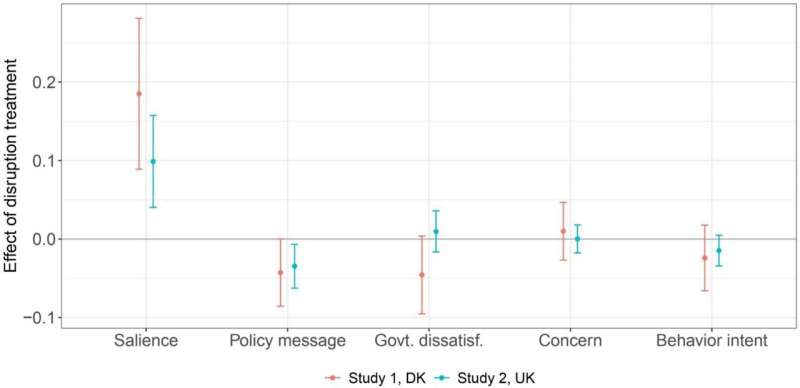Climate activism has increasingly taken the form of disruptive protests, which interrupt daily activities or cultural events. As highlighted in a recent study by Assistant Professor Clara Vandeweerdt from the University of Copenhagen, these actions can effectively raise awareness about climate change but also carry the risk of backlash against specific policy proposals.
Vandeweerdt’s research, detailed in the journal Political Behavior, explores the complexities of climate activism through a study titled “The Activist’s Trade-off: Climate Disruption Buys Salience at a Cost.” The study shows that while disruptive protests can elevate climate change on the political agenda, they may inadvertently weaken support for specific demands made by activists.
Disruptive Protests and Public Awareness
The study cites two key examples of disruptive protests: a motorway blockade in Denmark and an interruption of a televised snooker match in the United Kingdom. Vandeweerdt found that those exposed to media coverage of these events were significantly more likely—by 10% to 19%—to recognize climate change as a pressing societal issue. Yet, the same individuals displayed a more negative attitude toward the specific policy changes advocated by the protesters.
“The paradox is that while disruptive protests can attract attention and elevate climate issues, they can also lead to a backlash,” Vandeweerdt explained. For instance, individuals who witnessed the motorway blockade were more inclined to support the construction of new motorways, counter to the protesters’ objectives.
Understanding the Trade-off
As climate activists weigh their options, the decision to engage in disruptive protests versus more peaceful methods becomes critical. Vandeweerdt emphasizes the need for activists to consider the potential trade-off between gaining visibility and risking public disapproval.
“Non-disruptive activism does not provoke backlash, but it often fails to capture media attention,” she noted. This raises the question of whether alternative protest strategies could effectively raise awareness without alienating potential supporters.
The findings of this research carry implications beyond the realm of activism. Public authorities, governments, and judicial bodies can benefit from understanding the societal impact of these protest actions. Vandeweerdt suggests that a nuanced approach to handling disruptive activism may foster more constructive dialogue between activists and policymakers.
In a landscape where climate change awareness is increasingly critical, Vandeweerdt’s study presents valuable insights into the complex dynamics of protest activism. As the climate crisis intensifies, understanding these dynamics could play a pivotal role in shaping effective advocacy strategies.
For more information, refer to Vandeweerdt’s study in Political Behavior, published on November 23, 2025 (DOI: 10.1007/s11109-025-10084-w).


